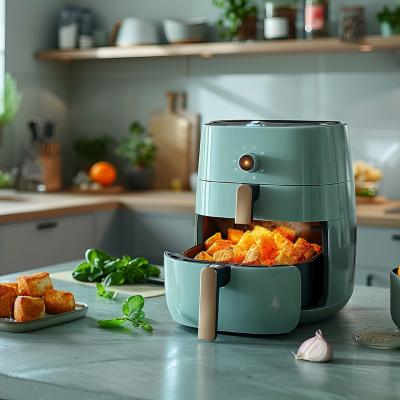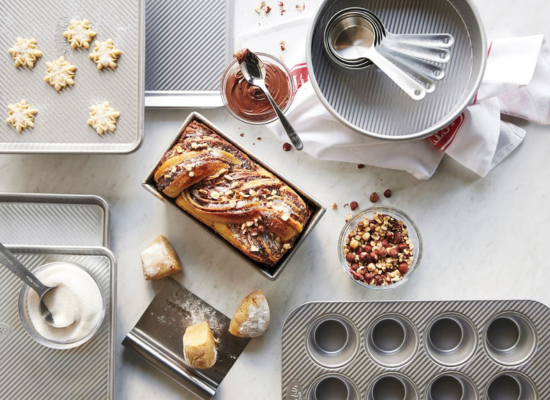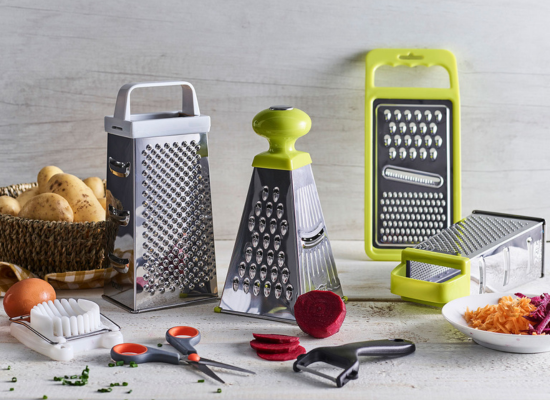
You don’t want your oatmeal to boil over in the microwave. That would be a mess. There are a few common challenges that people have when it comes to keeping their oatmeal from boiling over in the microwave.
One is that they might not choose the right container. Another challenge is adding the oatmeal and water in the correct proportions.
The third challenge is microwaving the oatmeal for the shortest time possible. This will reduce cooking time and help prevent boiling over.
It can be tough to keep oatmeal from boiling over in the microwave. This is especially true if you’ve never done it before. That’s why we’re here to help.
In this article, we’ll give you some tips on how to keep your oatmeal from boiling over. We’ll also provide a few troubleshooting tips in case you run into any problems.
Reasons Why Your Oatmeal Boils Over In The Microwave
Overboiling is due to how oats are processed; they are steamed and pressed before being rolled into flakes. Many of these flakes will absorb water quickly while cooking in the microwave, but some of them will swell up more than others and get in the way of the steam that is trying to escape.
That steam will force its way out of your oatmeal, and it may also push down on some pieces so they become submerged underwater. Some reasons that cause the over boiling are:
Oatmeal and water proportions
If you add too much water, the oatmeal will become soupy and boil over. If you add too little water, the oatmeal will be dry and burn. It’s important to find the perfect balance so that your oatmeal cooks evenly and doesn’t boil over.
Container choice
The size of the container largely affects the boiling level of oatmeals. Using a large bowl may result in undercooked oats. Again, the oats can also boil over if you use a container that is too small.
Microwave power level
The microwave power level is an important factor when it comes to preventing oatmeal from boiling over. If you set the microwave to too high of a power level, the oatmeal will boil over very quickly.
Lowering the power mat works in this method. As a result, the mixture will boil less vigorously, fewer bubbles will be formed, and the oatmeal will not rise to the same height as the batch cooked at high power. However, “low” power varies a lot from microwave to microwave.
Stirring oatmeal
When you don’t stir your oatmeal while it is cooking in the microwave, the oats on the bottom of the container will cook more quickly than the oats on the top. This can cause the oatmeal to boil over.
4 Ways To Keep Your Oatmeal From Boiling Over
Boiling oatmeal in the microwave is a quick and convenient way to cook it, but it’s important to follow a few simple steps to prevent it from boiling over.
Adding too much water, microwaving for too long, or not stirring it frequently can all lead to messes and wasted food. This can be frustrating but there are ways to prevent this from happening.
Choose The Right Container
When microwaving oatmeal, a microwave-safe bowl with a lid is best. Make sure to use a microwave-safe container since it will be inside the microwave for this process.
But, if you don’t use the proper size of the container, your oatmeal will boil over and make a mess. You can use your porridge container or any large bowl which will also lessen your dishwashing time!
LEARN MORE: Does Microwave Cooking Change The Taste Of Food?
Add Water In The Correct Proportions Or Use Milk
Add enough oatmeal and water to allow the bowl to be filled by at least half full, but no more than ¾ full. 1 cup of oats to 2 cups of water for a smaller serving or 3 cups of water for a larger serving.
Or, depending on your recipe and the type of oatmeal you’re using, you can boil your morning oatmeal with water first and then add cream or yogurt to get a creamier flavor without the oats overflowing. The fat content of the milk contributes to this, thus removing it helps.
Microwave On Medium Power For The Shortest Time Possible
Microwave on medium power for the shortest time possible. This will reduce cooking time considerably.
As most modern microwaves are far too powerful for anything as simple as a bowl of oatmeal for one person, decreasing the outage setting (from 400V to 800V) can help. Your oatmeal will boil at a slower rate and will reach boiling point more slowly, preventing overflowing.
Stir Oatmeal During The Microwaving Process.
To prevent your oatmeal from boiling over in the microwave, it’s important to stir it periodically during the microwaving process. This will help to distribute the heat evenly and prevent clumping.
Oatmeal should be stirred every 30 seconds for optimal results. If you microwave your oatmeal for 5 minutes, it will undoubtedly turn into a giant sticky mess. But if you take half a minute at a time, you’ll have a higher chance of not spilling your porridge!
You can also consider some extra tips to this list such as: using butter as a fat content or a cinnamon stick in the oatmeals to prevent the extra boiling.
Conclusion
Oats are a healthy, low-calorie breakfast food that many people enjoy. To prepare dry oats, all you have to do is pour the packet into a bowl and add water. However, if you’ve ever microwaved oatmeal, you’ve probably noticed that oatmeal tends to bubble up and boil over in the microwave.
To keep your oatmeal from boiling over, you can follow the steps described in this post. Hope this will help to keep your oatmeal from boiling over in the microwave.



